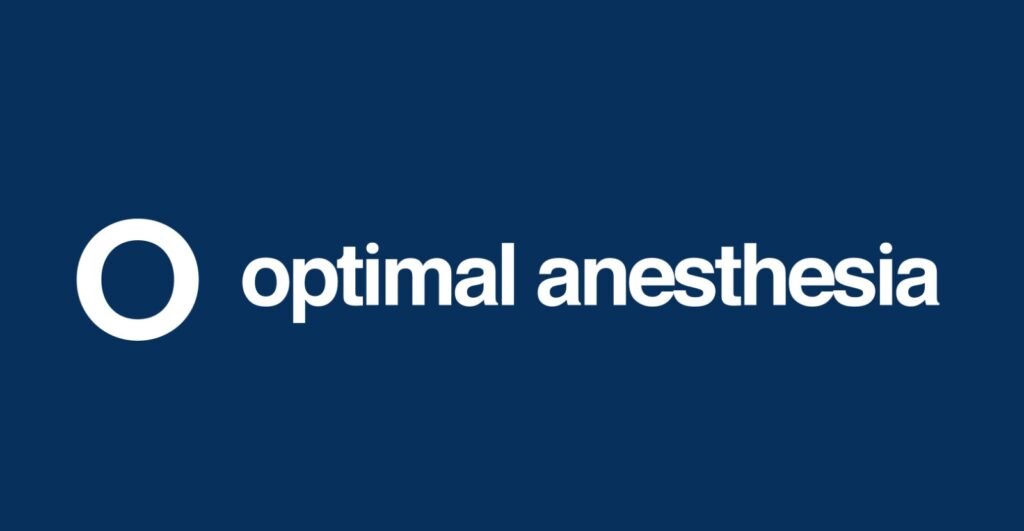Smart pumps have emerged as a transformative technology in healthcare, offering advanced features that significantly improve the safety and precision of medication delivery. This article explores the role of smart pumps in healthcare, their benefits, and key considerations for their implementation.
The Significance of Smart Pumps
Smart pumps represent a critical advancement in medication administration, ensuring that IV medications are delivered accurately and safely. These sophisticated devices incorporate technology that checks and enforces predefined safety limits for medication parameters, reducing the risk of dosing errors.
Table 1: Key Features of Smart Pumps
| Features | Description |
|---|---|
| Medication Safety Library | Predefined limits for medication parameters. |
| Dose Error Reduction System (DERS) | Prevents dosing errors through hard limits. |
| Audiovisual Feedback | Provides alerts for parameters outside limits. |
| Soft Limits | Warns of parameter deviations while permitting adjustment. |
| Medication Error Logging | Logs alerts for analysis and improvement. |
| Occlusion Detection | Monitors IV lines for potential issues. |
| Barcode-Assisted Scanning | Ensures accurate medication and patient matching. |
Benefits of Smart Pumps
The adoption of smart pumps in healthcare settings offers numerous advantages that enhance patient safety and streamline medication administration:
Table 2: Advantages of Smart Pumps in Healthcare
| Advantages | Description |
|---|---|
| Error Prevention | Drastically reduces the risk of medication errors. |
| Alert Logging | Maintains a comprehensive record of alerts. |
| IV Line Monitoring | Detects and responds to IV line issues. |
| Barcode Scanning | Verifies medications and matches with patient data. |
| Precise Medication Administration | Facilitates efficient and accurate dosing. |
Challenges and Considerations
While smart pumps offer significant benefits, their implementation requires careful consideration of challenges and limitations:
Table 3: Challenges and Considerations
| Challenges and Considerations | Description |
|---|---|
| User Training and Adherence | Adequate training and user compliance are essential for optimal use. |
| Medication Library Constraints | Some medications may necessitate manual programming due to library limitations. |
| Individual Patient Needs | Standardized limits may not accommodate all patients and scenarios. |
| Implementation Learning Curve | Initial adoption may involve an adjustment period for healthcare professionals. |
Conclusion
Smart pumps have revolutionized medication administration in healthcare, significantly reducing the likelihood of medication errors and enhancing patient safety. While challenges exist, the advantages of smart pump technology are evident, making them a pivotal component of modern healthcare.


